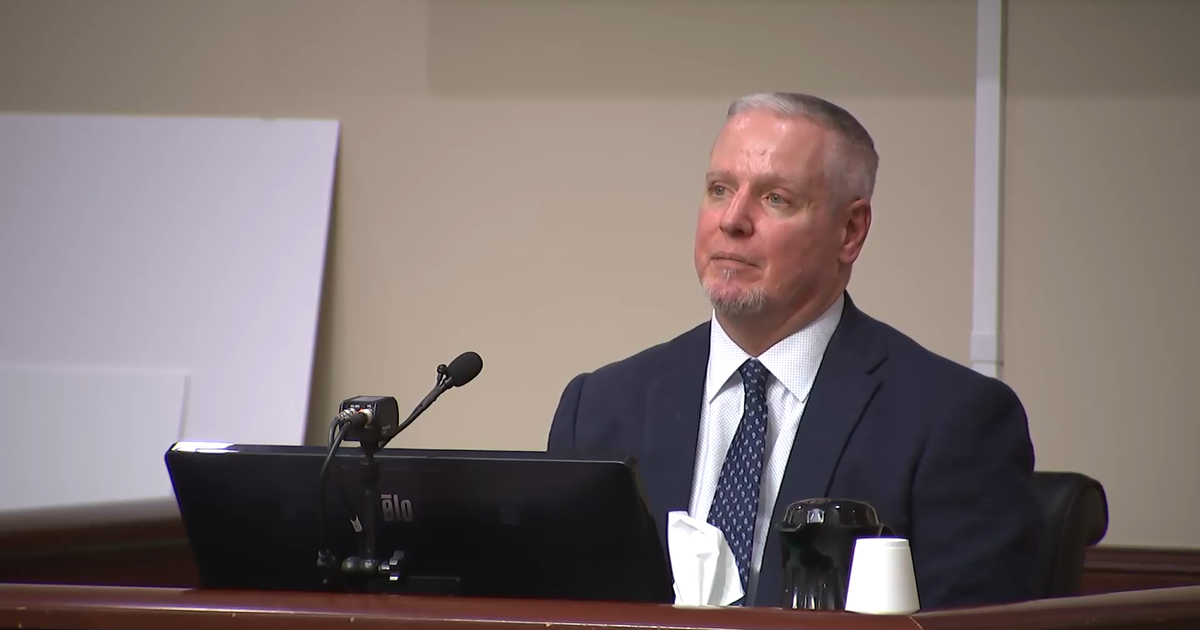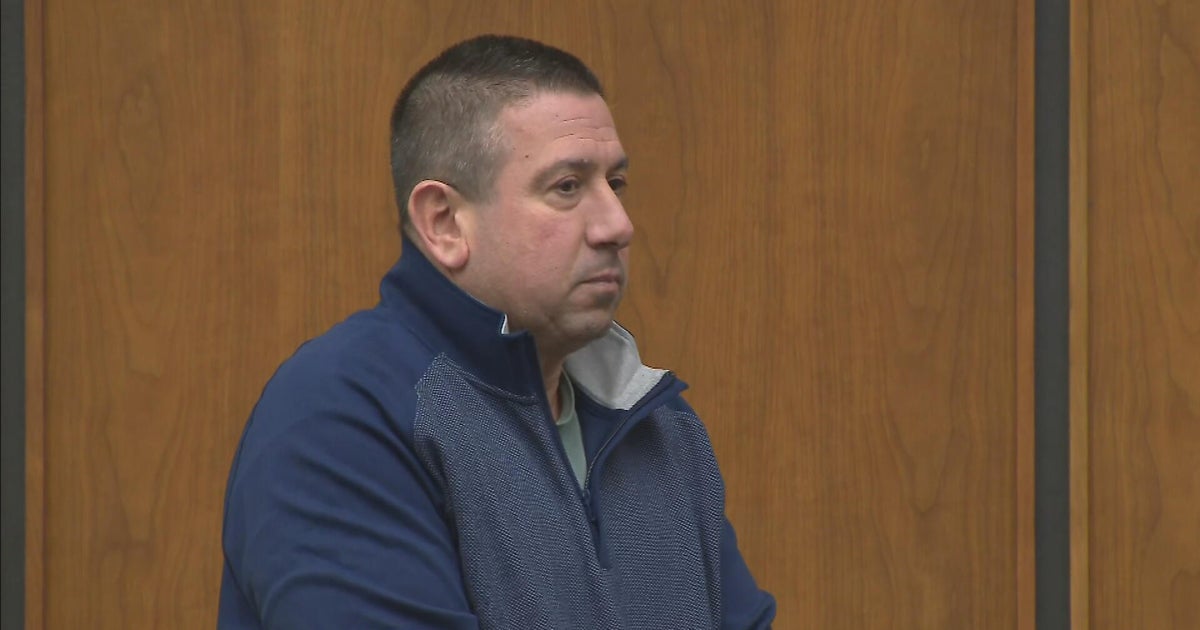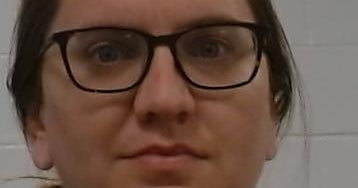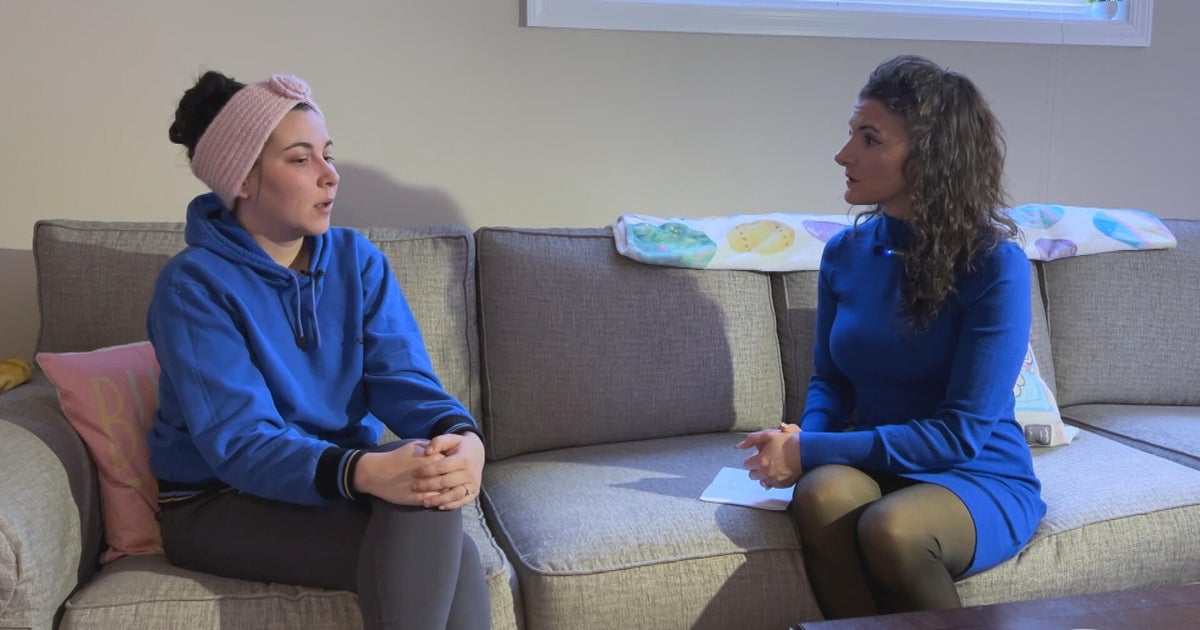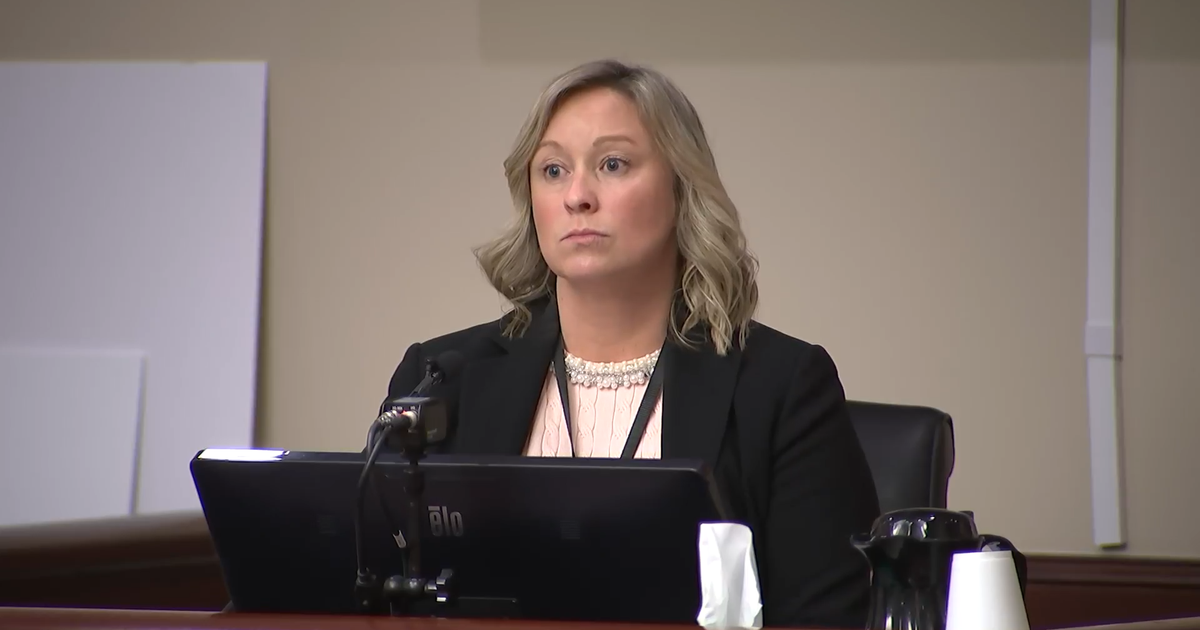EXCLUSIVE: Elizabeth Smart Recounts Kidnapping To S. Fla. Crowd
BOCA RATON (CBS4) - Nine years ago this week, the world was captivated watching the return of Elizabeth Smart to her family in Salt Lake City, Utah.
Smart was 14 years old when she was abducted from her bed in the middle of the night. Her abduction led to a relentless search.
For nine months she was held captive by Brian David Mitchell and his wife Wanda Barzee. Smart said during Mitchell's trial that he raped her daily. She was frequently chained to a tree. Then on March 12, 2003, a police officer spotted Smart walking down a street with her captors.
"My life went from hell to heaven," she says. She remembers the moment her father showed up at the police station and exclaimed, "Elizabeth, is it really you?"
Her father and the rest of her large family were present in Hawaii three weeks ago when Smart exchanged wedding vows with her fiancé Matthew Gilmour.
Gilmour is a Scotsman who Smart met in France while both were on a LDS mission.
CBS4's Joan Murray spoke exclusively with Smart about married life and her current mission to educate and inspire.
"Married life is great. I love it. I would recommend it," Smart beamed. "I think we are meant to be happy. I don't think we are meant to be sad. I think a lot of time we can turn our experiences to good. Although I would never sign up to be kidnapped or to be chosen I am grateful it did happen to me because now I have a voice."
Earlier this week, Smart spoke to hundreds of people in Boca Raton who attended a luncheon for the Crohns and Colitis Foundation of America. The theme was overcoming adversity. It's a topic Smart understands all too well.
She recounted in vivid detail the story of her abduction, for her audience at the luncheon.
"I will never forget the voice that said, 'I have a knife at your neck. Don't make a sound, get up and come with me'." Smart marched for miles through the woods where she ended up at a campsite. It would become her prison for the next nine months.
She said she begged Mitchell not to assault her.
"I will never forget the first time he raped me," said Smart. "I was a little girl and hadn't even started my period. He was more than twice my age."
Smart said when she awoke the first time after being sexually assaulted she realized she was shackled to a tree.
"I knew I wasn't going to escape anytime soon," remembered Smart. "Because of this experience, people will listen to me and if they've been traumatized in their life, they will be able to step forward and whether it talking about it or receiving therapy it will be in them to do something."
Smart said she likes to set goals for herself and that's one approach she recommends.
"Even if it's a goal to get out of bed in the morning to get dressed that's all you can do that's great because it's a step forward. We all have problems and we don't have a right to compare them to someone else's because everyone is unique."
Smart said before her abduction she was a shy teenager who was focused on her family and playing the harp. She thought about attending Julliard and becoming a professional musician. All that changed when she was abducted. Smart says she had no idea about sex crimes against children.
"For all the people, women and children who have been abused or raped or kidnapped, I can talk about it and won't be disregarded because I have the experience to back up everything."
Now she works through her foundation on child abuse prevention programs.
"It's empowering for children. It teaches them how to react in the moment and it helps them build instinctual reflexes whether they're in a situation of kidnapping or bullying, they'll be able to make a plan in the moment.
Smart said she could have benefitted if she'd been exposed to the concept.
"I can't say that it would have changed the outcome, I can't say that I would not have been kidnapped. But it would have made a difference to me personally. I would have known I did have a chance. I would have known that I can scream, I could fight back and I would have known that 83% of victims who fight back are able to escape."
Smart will graduate from college this year, but intends to continue her child advocacy work.
"Today I feel like I can give back, that continues to help me because I feel I am making a difference and when so much was given to me to bring me home, I feel the least I can do is help someone else. It's what I want to do. I feel that time in life wasn't just a black hole. It was really there for me so I could do something great."

